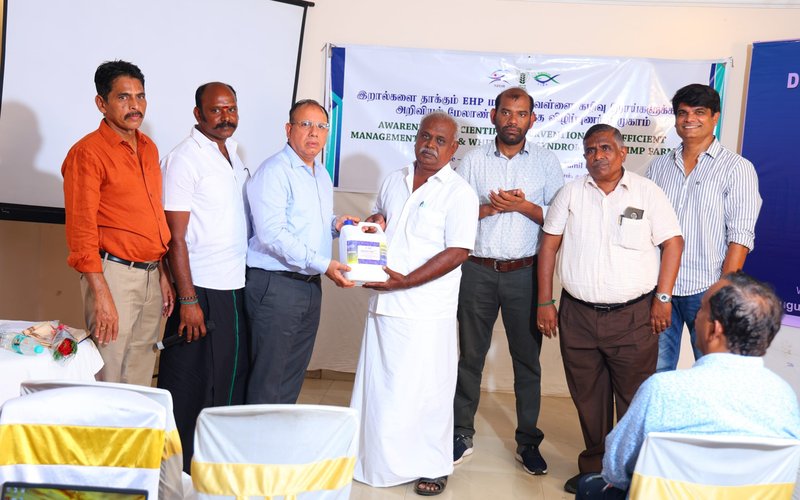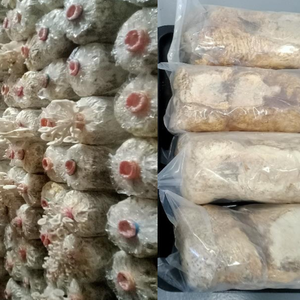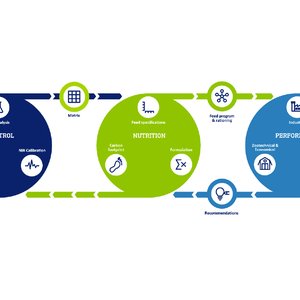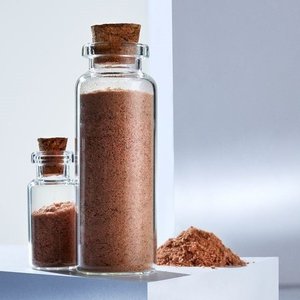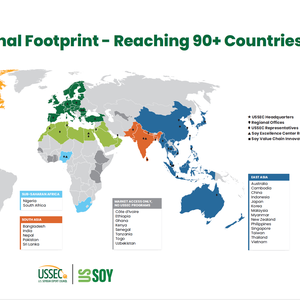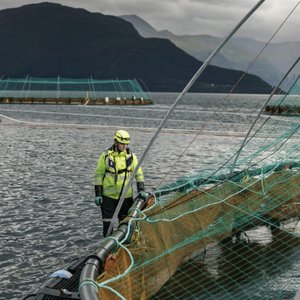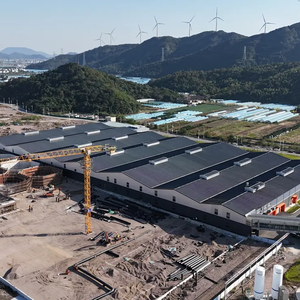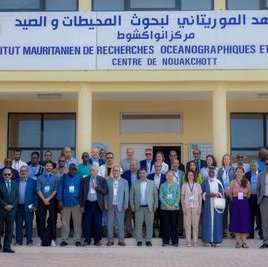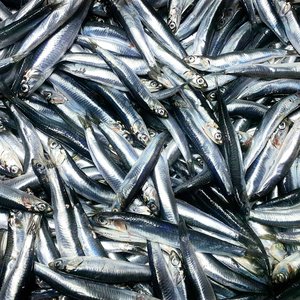The ICAR-Central Institute of Brackishwater Aquaculture (ICAR-CIBA) from India has introduced an innovative, problem-solving research model, bringing together researchers and the Pran Farmers Federation of India (PFFI) to jointly address recurring mortalities in shrimp farming.
Shrimp farming in Nagapattinam is largely practiced along common water bodies, where waterborne pathogens spread rapidly across farms. Hence, collective adoption of better management practices (BMPs) by all farmers is crucial for effective disease prevention. Recognizing this, ICAR-CIBA has launched a collaborative initiative where scientists and farmers’ federations work together to identify root causes of shrimp crop failures and devise sustainable solutions.
Under this model, the farmers’ federation will coordinate field monitoring and facilitate the collection of water and shrimp samples from scientifically identified ponds with a history of disease outbreaks. These samples will be analyzed by ICAR-CIBA scientists, who will monitor the farms for one or two crop cycles. The outcome is expected to provide evidence-based insights into the real causes of crop mortalities and practical strategies to manage them.
Moreover, Dr. Kuldeep K. Lal, Director of ICAR-CIBA, introduced CIBA EHP Cura Gro+, an improved phytobiotic product for shrimp disease management, officially handing it over to farmers after successful validation and urging its adoption to reduce economic losses.
Mr. Balasubramaniam, General Secretary of PFFI, emphasized: “The collaborative nature of this project and the involvement of multiple stakeholders is important, including government agencies and private partners, together with the farmer cooperation and collective compliance for the success of this initiative.”
ICAR-CIBA organized a training program on effective management of shrimp diseases such as hepatopancreatic microsporidiosis (HPM) caused by Enterocytozoon hepatopenaei (EHP) and White Feces Syndrome (WFS). The program, supported by the National Fisheries Development Board (NFDB), witnessed the participation of around 130 farmers.
The experts delivered a detailed presentation on management strategies for EHP and WFS, with a focus on field performance data of CIBA EHP Cura and the development of CIBA EHP Cura Gro+.


